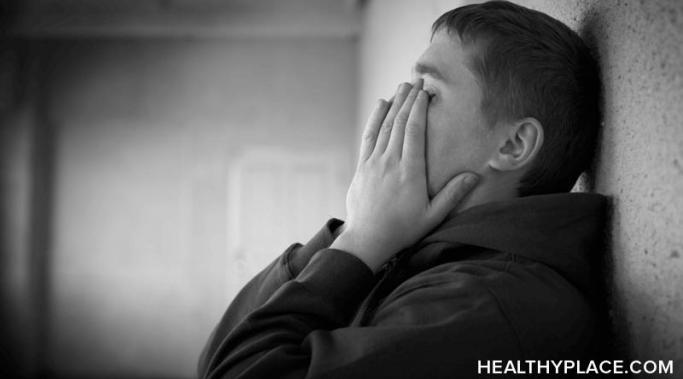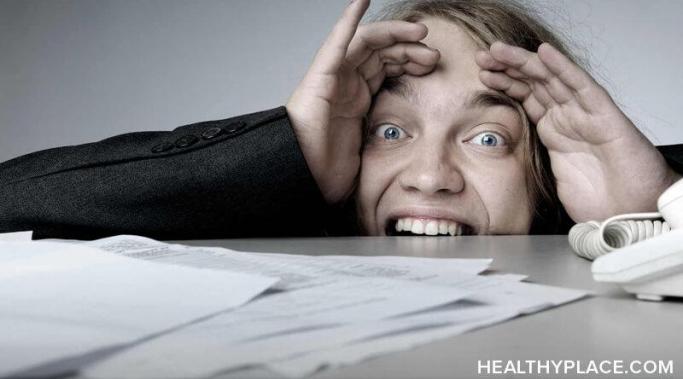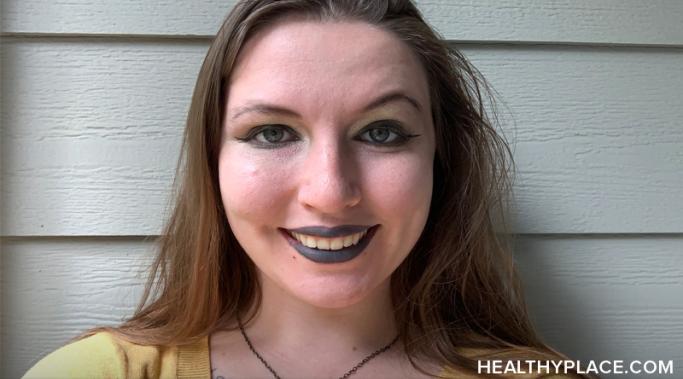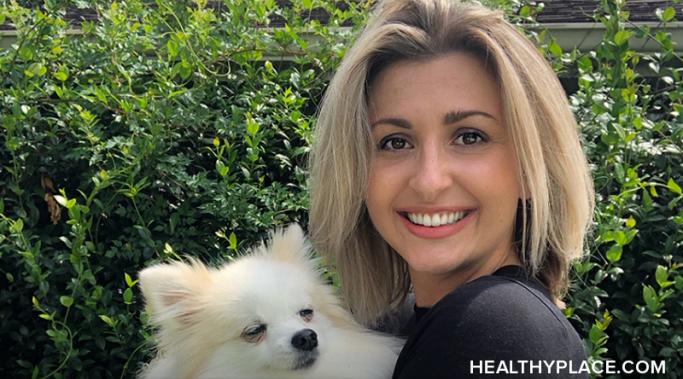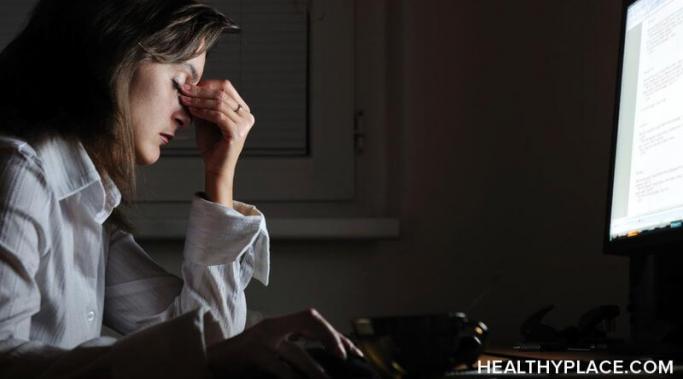We live in a culture with a profoundly unhealthy attitude towards work. Every day, we are fed a message that our worth is directly tied to our productivity and that making room in our lives for rest, play, or tending to our basic needs as humans is frivolous, even selfish. The go-go-go attitude and desire for endless productivity in our workplaces is stressful for even the most neurotypical person, but when you live (and work) with bipolar disorder, the game has even higher stakes.
Video
It is not an easy time for anyone right now, and dealing with bipolar during this crisis is very difficult. The ongoing social and economic upheaval of the COVID-19 crisis, and the civil unrest in the wake of the tragic and senseless murder of George Floyd on May 25, have triggered feelings of fear, anxiety, anger, and depression in many people. Such feelings are natural and appropriate responses to racism, violence, isolation, and financial uncertainty. And they can make focusing on work extremely difficult, if not impossible -- especially for those of us already dealing with mental health challenges such as bipolar disorder.
There is a common perception that the hypomanic phase of bipolar disorder type II does not impede one's ability to work, unlike the full-blown manic episodes that come with bipolar disorder type I. I believe that this is misleading. While it is true that hypomania is less severe than mania, the symptoms -- elevated mood, inflated optimism, distractibility, increased goal-oriented activity, racing thoughts, and impulsivity -- are the same. Hypomania may not have sent me to the hospital, but before I began treatment, hypomania made it almost impossible for me to work.
I’m Nori Rose Hubert, and I’m so excited to contribute to the "Work and Bipolar or Depression" blog at HealthyPlace. I was diagnosed with bipolar disorder type II in May 2019 at age 26, after a lifetime of struggling with my mental health. Although our culture’s attitude towards mental illness is slowly changing for the better, mood disorders such as bipolar disorder remain highly stigmatized. I write about bipolar because I want others living with this disease to know they are not alone and that mental illness recovery is possible.
I’m Natalie Cawthorne, and I’m so happy to join the 'Work and Bipolar or Depression' blog at HealthyPlace. When I was 16, I was diagnosed with attention-deficit/hyperactivity disorder (ADHD), inattentive type, and got used to assuming that any mental health issues I faced must be related to that; and with bipolar and ADHD sharing so many overlapping traits, I think it was even easier to miss that I actually have bipolar disorder type II as well -- I was diagnosed earlier this year.
My name is Virginia Boyles and I am one of the authors of the Work and Bipolar or Depression blog on HealthyPlace. I was first diagnosed with depression and generalized anxiety disorder when I was 16 years old in 2007. My struggle with mental illness has inspired me to help others with similar experiences empower themselves to make healthy choices. I believe that the more open we are about our struggles with mental health, the less mental illness stigma we face, and therefore, the more we have the social support we need to thrive.
Work and Bipolar or Depression blog is about having Bipolar Disorder or Depression and being in business or working in a business. Peter Zawistowski (Peter Z) hopes to offer meaningful hints, tricks and help for those individuals who are reentering the workforce or just trying to keep the “work thing” going.
Peter has owned several small businesses and has also worked for various employers in the high-tech area.

